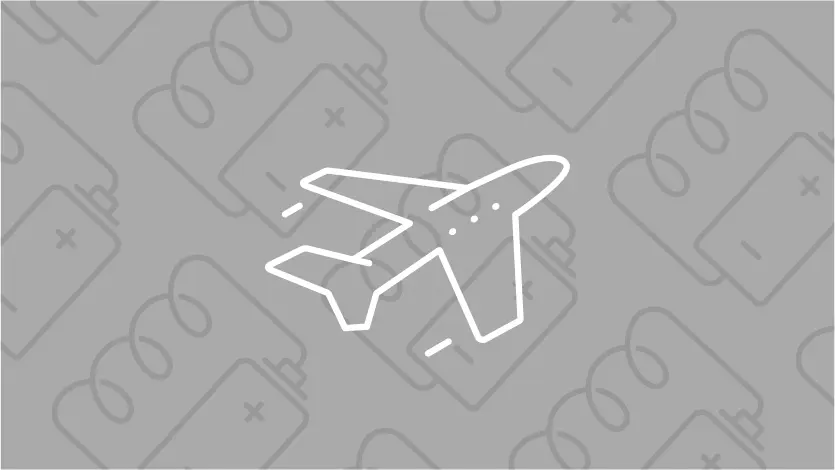
|
EAT2007 |
Airfield Systems
The subject provides a basic understanding of the airfield systems used in the aviation industry, mainly by Air Traffic Service and other supporting units. Topics covered include aeronautical telecommunications, functions of air and ground radar systems, multi-surveillance tracking systems, aerodrome approach aid and requirement of the various categories, aerodrome ground aid, automatic dependent surveillance and controller-pilot data link communication.
|
4 |

|

|
EAL2005 |
Airline Management
This subject covers the fundamentals of airline business and management. The contents include airline business models, key airline performance indicators, airline marketing, airline route and network development and airline administration. Other topics covered include management of airline profitability using AIRLINE Online simulation and SWOT analysis.
|
4 |

|

|
EAM1001 |
Airport Operations & Management
This subject introduces the fundamental concepts and principles involved in the management and operation of modern international airports. You will learn about the principles of airport management and the various aspects of airport operations, including, airport terminal layout and planning, terminal signage systems, gate and baggage belt assignments, terminal contingency planning, airport emergency systems, airport support services and equipment, estate management and terminal landscaping.
|
4 |

|

|
EAT2006 |
Airport Systems
This subject provides an overview of the key facilities and systems in both the landside and airside of an airport. Topics covered in landside will include passenger check-in systems, the Flight Information Display Systems (FIDS) and the various airport IT support systems. Other topics include the operation of the fully automated baggage handling system, the People Mover System (PMS) and the Passenger Loading Bridges system. On the airside, topics covered include the causes of wear and tear of aircraft pavements, methods of assessing the condition of aircraft pavements, the programming of maintenance works and techniques of repairs and their compliance to international operational standards and requirements.
|
4 |

|

|
EAM2007 |
Aviation Safety & Security
This subject introduces the global civil aviation security and safety threats, management concepts, frameworks and challenges. Topics covered include global threats to airlines, airports, passengers and their dire impact to aviation operations. ICAO security and safety concepts, frameworks and requirements, bridging into the various national security programmes and safety management systems that safeguard all stakeholders. Other topics include the challenges of balancing between security and facilitation, and between safety and operational efficiency.
|
4 |

|

|
EBM3004 |
Business Continuity Management
This subject introduces the concepts and trends in the design, development, implementation and management of business continuity. Beginning with an introduction of business continuity management (BCM), it delves into business impact analysis, risk evaluation, BCM strategies and emergency response and operations. The development of business continuity and crisis management plans and the coordination with external agencies are also discussed.
|
4 |

|

|
ESE1008 |
Data Visualisation & Analytics
This subject covers the data analytics lifecycle, including gathering, cleaning, processing and visualising of data. Exploratory data analysis methods, descriptive and predictive analytics, and the presentation of insights, will also be covered.
|
3 |

|

|
EBM2004 |
Project Management
This subject aims to provide an overview of the principles and concepts in project management and equip you with the theoretical foundation and skills in using project management tools. It emphasises the knowledge and practices which are widely applied in project management. Topics covered include the project management framework, project management processes and project management knowledge areas.
|
4 |

|

|
EBZ2006 |
Service Quality & Management
This subject introduces the key concepts and principles of Service Quality and Management. Topics covered include concepts of quality services, essential skills in customer services, principles and strategy of service management, methods for service quality measurements and service recovery.
|
4 |

|
/eng-t04.webp)






/AMS-hightlight-1.webp)
/eng-t04-2.webp)
/eng-t04-3.webp)
/VivianQuek-reviews.webp)
/tessargoh.webp)
/WongKamSeng-reviews.webp)
/eng-t51-tn.webp)
/eng-t50-tn.webp)



